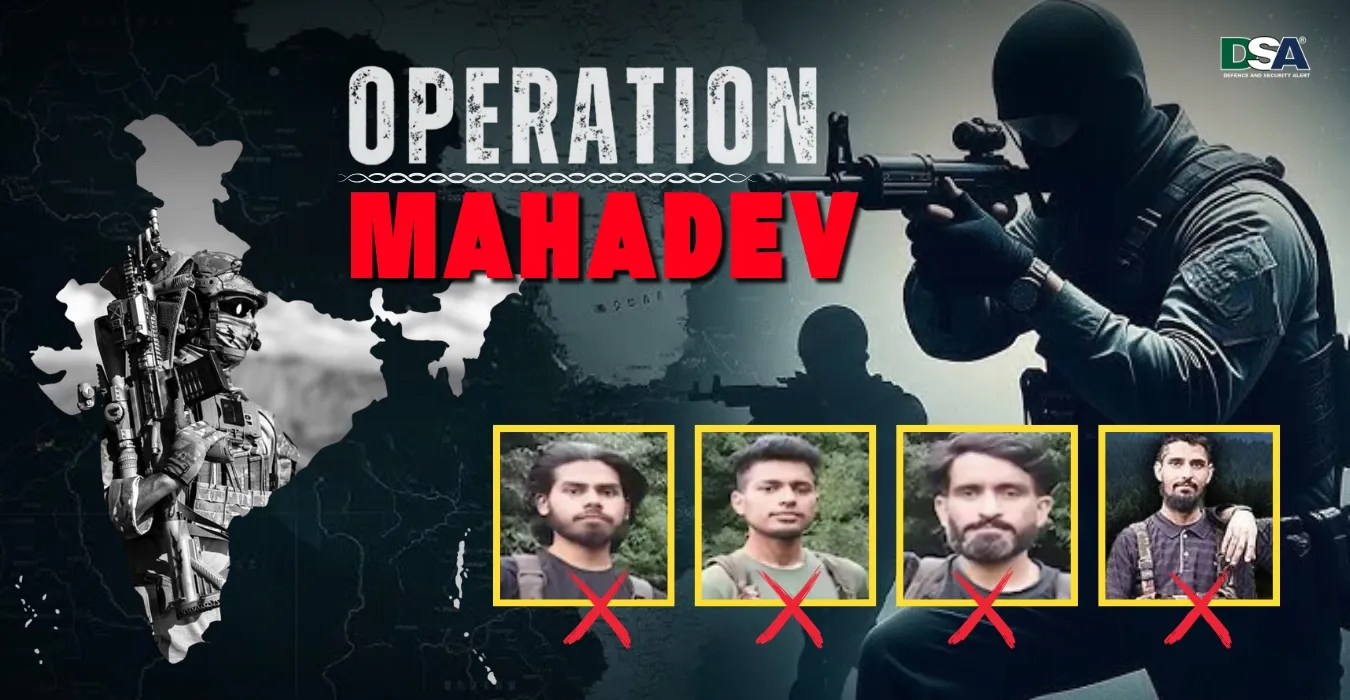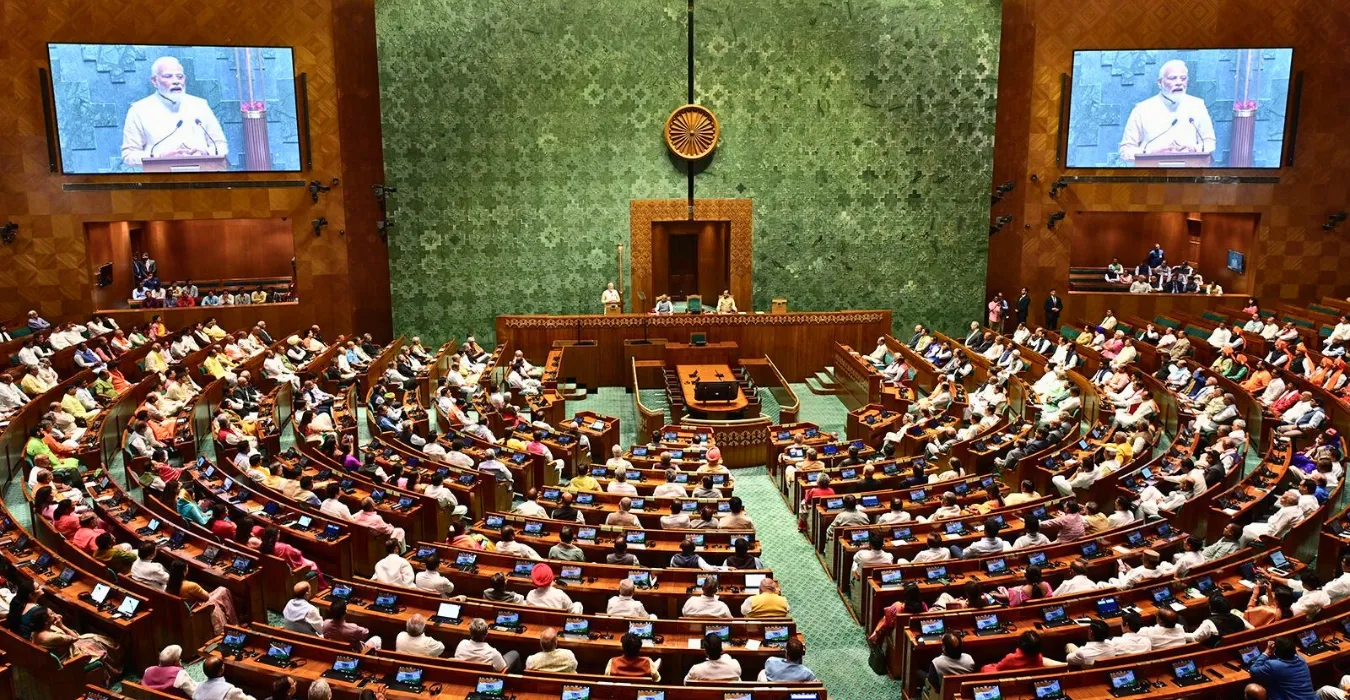DSA Correspondent
India Eliminates Key Daniel Pearl Murder in OP Sindoor
India has confirmed the killing of Abdul Rauf Azhar, a top Pakistani terrorist and the mastermind behind the 2002 murder of journalist Daniel Pearl, during a high-precision military operation.
New Delhi, May 9, 2025 — In a significant counter-terror breakthrough, India has confirmed the elimination of Abdul Rauf Azhar, a senior Pakistani terrorist and one of the main conspirators in the 2002 killing of Jewish-American journalist Daniel Pearl. Azhar, long wanted by Indian, American, and international agencies, was killed during Operation Sindoor, a tri-service precision military strike launched by India against terror infrastructure in Pakistan and Pakistan-occupied Kashmir (PoK).Azhar, the brother of Jaish-e-Mohammed chief Masood Azhar, was considered the operational brain behind several deadly attacks in India. These include the 1999 Indian Airlines IC-814 hijacking, the 2001 Parliament attack, and the 2016 Pathankot airbase attack. His links with both al-Qaeda and Lashkar-e-Taiba made him a high-priority target in India’s war on cross-border terrorism.According to Indian intelligence sources, Azhar was present at one of the nine targeted sites during Operation Sindoor, which was launched in response to the April 22 Pahalgam terror attack that killed 26 civilians—25 Indians and one Nepali tourist. His death has been verified via high-resolution drone imagery, intercepted communications, and on-ground intelligence assets.Daniel Pearl, then the South Asia Bureau Chief of The Wall Street Journal, was abducted in Karachi in January 2002 while investigating Islamist networks. His brutal beheading, broadcast on video, shocked the world. Azhar had coordinated logistics and communications for the group that kidnapped Pearl and played a key role in orchestrating the propaganda around his execution.India’s Ministry of External Affairs hailed the operation as a "measured and justified response" to persistent terrorist provocations. “This was not just about retaliation. It was about dismantling the ideological and operational core of jihadist networks targeting Indian civilians and international interests,” a senior defence official stated.Pakistan, however, condemned the strike, accusing India of violating international norms and claimed that civilian areas were hit—a charge that India firmly denies. New Delhi has clarified that no Pakistani military assets were targeted, and all strike sites were strictly non-civilian terror facilities.The United States and Israel, whose citizens and interests have been harmed by Azhar in the past, are reportedly briefed and are monitoring the situation. An official in Washington remarked off-record that Azhar’s death would “close a long-standing chapter of unfinished justice for Daniel Pearl.”Analysts caution that this may provoke short-term retaliatory attempts by Pakistan-based outfits but view the operation as a strategic deterrent, especially in the current hybrid warfare environment where narrative dominance is as critical as battlefield success.As the international community watches closely, Operation Sindoor may mark a turning point in India’s posture—from strategic restraint to calibrated retaliation with global messaging.
.webp)
-min.webp)
-min.webp)


.webp)






 9958382999
9958382999
